 Rabbi Natan Halevy
Rabbi Natan Halevy Rabbi Natan Halevy, leader of the Sephardic congregation Kahal Joseph, grew up all over the map. His parents were born in Iraq, separately made aliyah before they were married, later moved to Australia — where baby Natan was born — and from there to America, the most jolting change of all. “My parents were very hard workers,” Halevy said.
The multiple moves were socially and culturally challenging. “In Iraq, families were very tight-knit, not just the immediate family but cousins, uncles and grandparents. However, all of that all changed when they left Israel after the Six-Day War [1967]. They moved to Australia, where I was born, and then to L.A. in the ‘80s.”
As the youngest by six years of the four Halevy children (Sharon Gomperts, one half of the Journal’s Sephardic Spice Girls, is his older sister), he grew into a voracious reader.
When he was 10, Halevy remembered thinking “I had an Australian passport and I had a green card, which said ‘Resident Alien.’ That felt strange to me. Weird. I started thinking: My parents are from Iraq, they went to Israel, they went to Australia, they came here. I was brought up here, but I am not officially American. I don’t feel like I am Australian. I don’t feel I am Israeli, I sure don’t feel Iraqi — when you’re a kid, you don’t understand that. I realized above all I was a Jew.”
The question of identity was complicated when he started going to school. It was the ‘80s when “a lot of Persians came here,” the rabbi said. “They lumped us all together. They looked down on us. I felt it as a kid. It stung. It wasn’t good for me,” he said. It took a long time until he got over that – feeling that I was not as smart. At Hillel [Hebrew Academy], we had a smart class and dumb class. I was a good reader.” Even though he was ordained at 24, it wasn’t until his 30s for Halevy to realize he was not “dumb.”
It took therapy and self-work until he realized his self-worth and managed to shed these negative thoughts. “Being of service was helpful too,” he said. “If you’re a rabbi, if you are reading the Torah and giving speeches, you can’t be that dumb.” Ultimately, overcoming mental burdens is about realizing your self-worth, the young man realized. The rabbi also reflected on Jewish law. “It says ‘You have to love your fellow like yourself.’ If you don’t love others, how can you love yourself? Loving yourself is important.”
Halevy occasionally alluded to how his parents were dedicated to raising their children traditionally, but adjusting to so-called societal norms was a pesky, persistent presence. He grew up Modern Orthodox. But when he became more religious, he was drawn to Chabad. “That definitely helped me,” the rabbi said, “because I loved reading, and I had learned Hebrew from my parents. Being able to read a lot and knowing Hebrew –that was great with Torah. Perfect.”
But Iraqis, “especially the men, my dad – are very soft-spoken people,” Halevy said. “They are not disciplinary at all.” It was hard for his parents to adjust to sharp social differences in America which were so removed from the way they were raised. “I don’t think they knew what to do when they came to Australia and America,” says their youngest child. “The nature of life in Western civilization is that you are not always by each other. My parents didn’t know what to do with that. They did not realize that in America – especially in the ‘80s – you better be on top of your kids more.”
Rabbi Halevy recalled a crucial school days’ scene. “When I was in the eighth grade, I said to my parents, ‘Jewish school is a waste of time and money. You might as well just send me to Beverly [Hills High Schoo] and save your money.’
“I felt badly for them,” he reflected. “How religious are you going to stay at Beverly? My parents had no idea about that. You are around non-kosher food and kids breaking Shabbat. When I tried to wear a kippah to school, Jewish kids laughed at me. That shamed me even more. So embarrassing.”
“I am Jewish. That defines me. I am a very proud Jew. Even at times when I was off the derech a little, I knew I was Jewish. It was a very strong part of my identity.”
There was one thing his parents made sure he never forgot: “I am Jewish. That defines me. I am a very proud Jew. Even at times when I was off the derech a little, I knew I was Jewish. It was a very strong part of my identity.” He made this point multiple times. “I want to emphasize,” he said, “this is part of my ethos. The Lubavitcher Rebbe called it ‘the greatness and the pride of Jacob.’ Every Jew should feel the greatness and the pride of being a Jew.” I think that is the reason we are in this situation in Israel. We lack Jewish pride.”
After graduating from Beverly, Halevy spent a year abroad in Israel. Returning to America, he enrolled in a Brooklyn yeshiva, weighing careers and whether to go to college. “I asked my father,” said Rabbi Halevy. “He said ‘Stay in yeshiva. Learn to be a rabbi.’ I said ‘I am going to honor my father.’ I was 19.”
He is rare. “A lot of Iraqis are businessmen, doctors, lawyers. There are few Iraqi rabbis.”
Fast Takes with Rabbi Halevy
Jewish Journal: The most important lesson you are teaching your children?
Rabbi Halevy: How important it is that they should love each other because they are a unit. Love your fellow Jews – and everyone, including non-Jews.
J.J.: What do you do in your spare time?
RH: When I can, I like swimming in the ocean and hiking.
J.J. Your favorite activity as a family?
RH: We like going to parks, going out to nature. When we can get away, it is awesome.







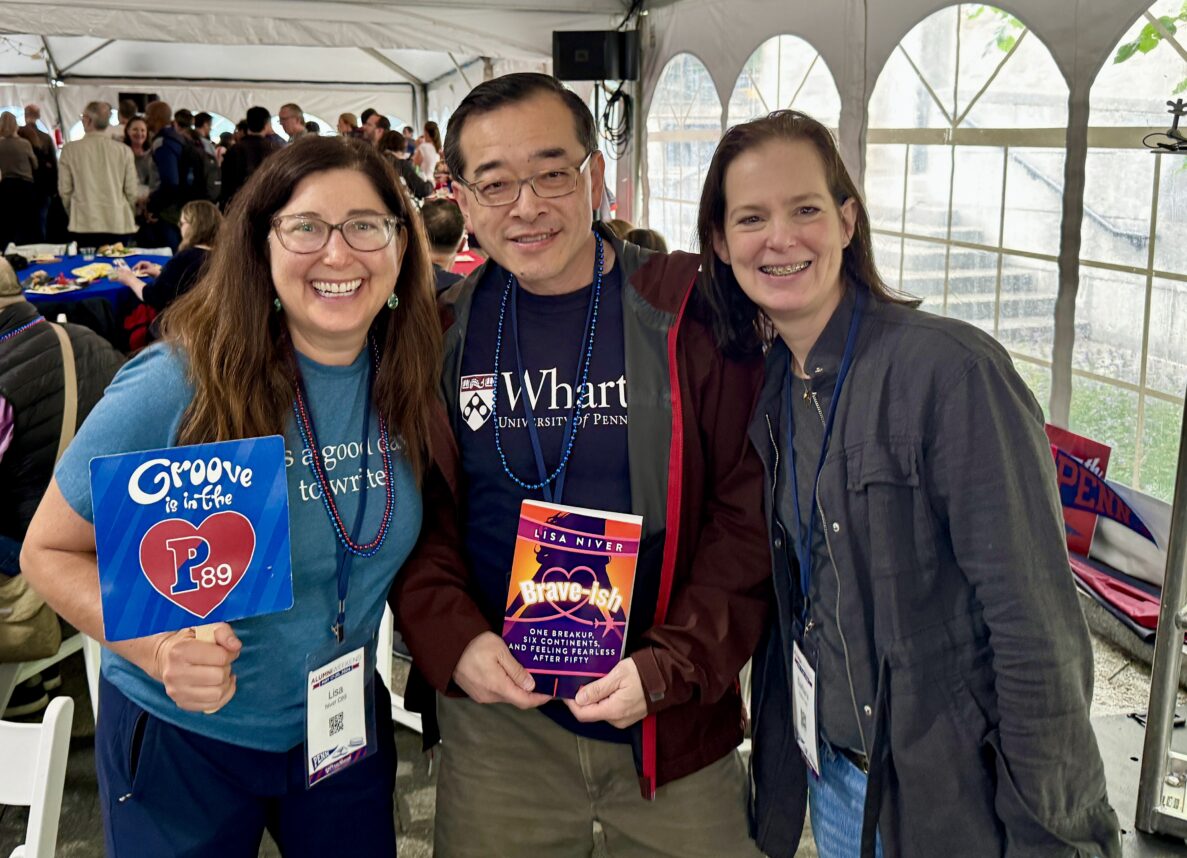
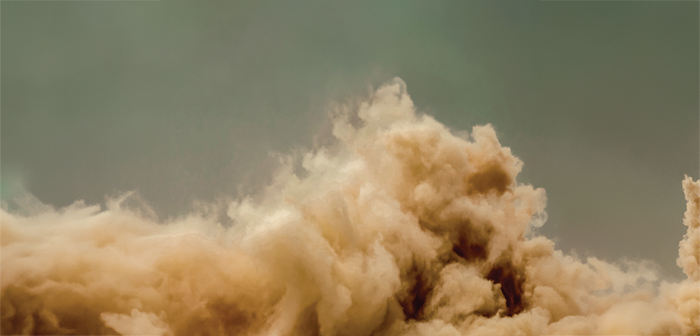

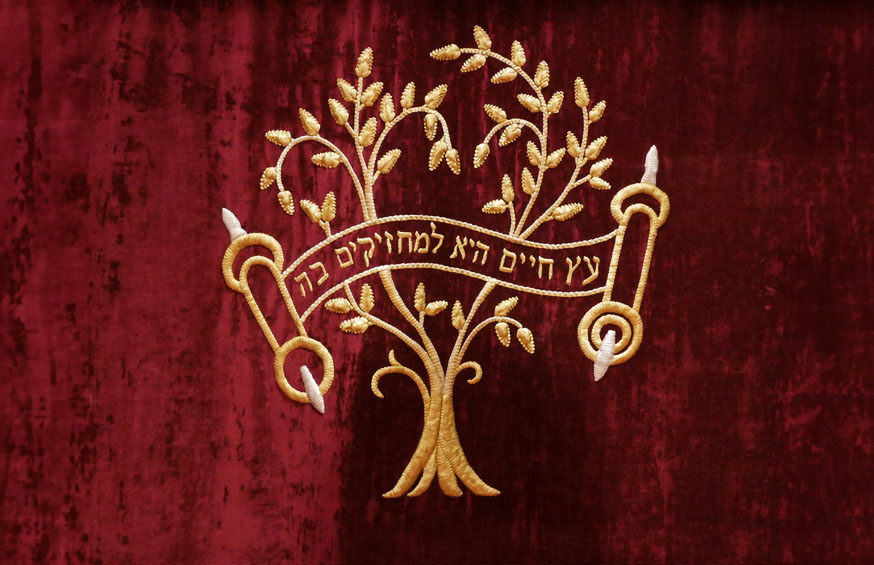
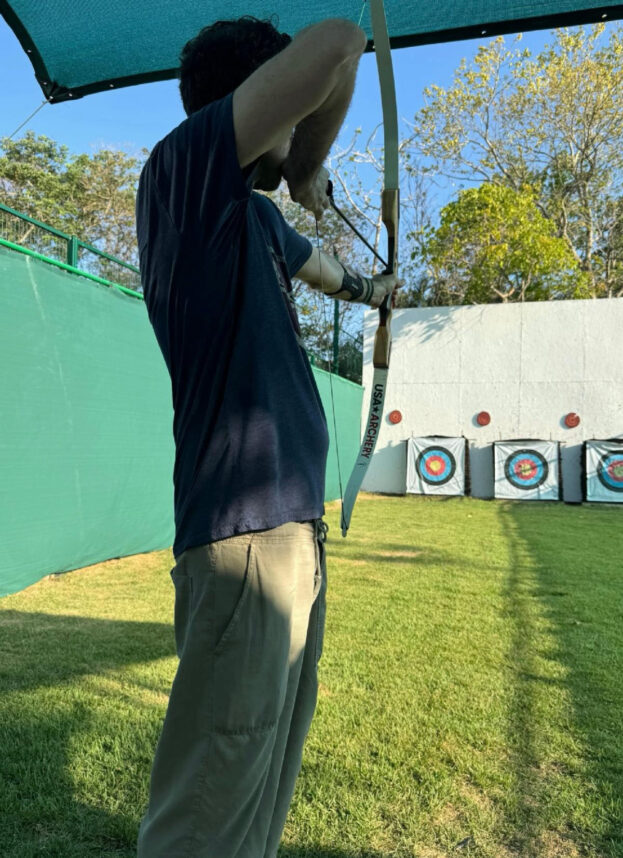


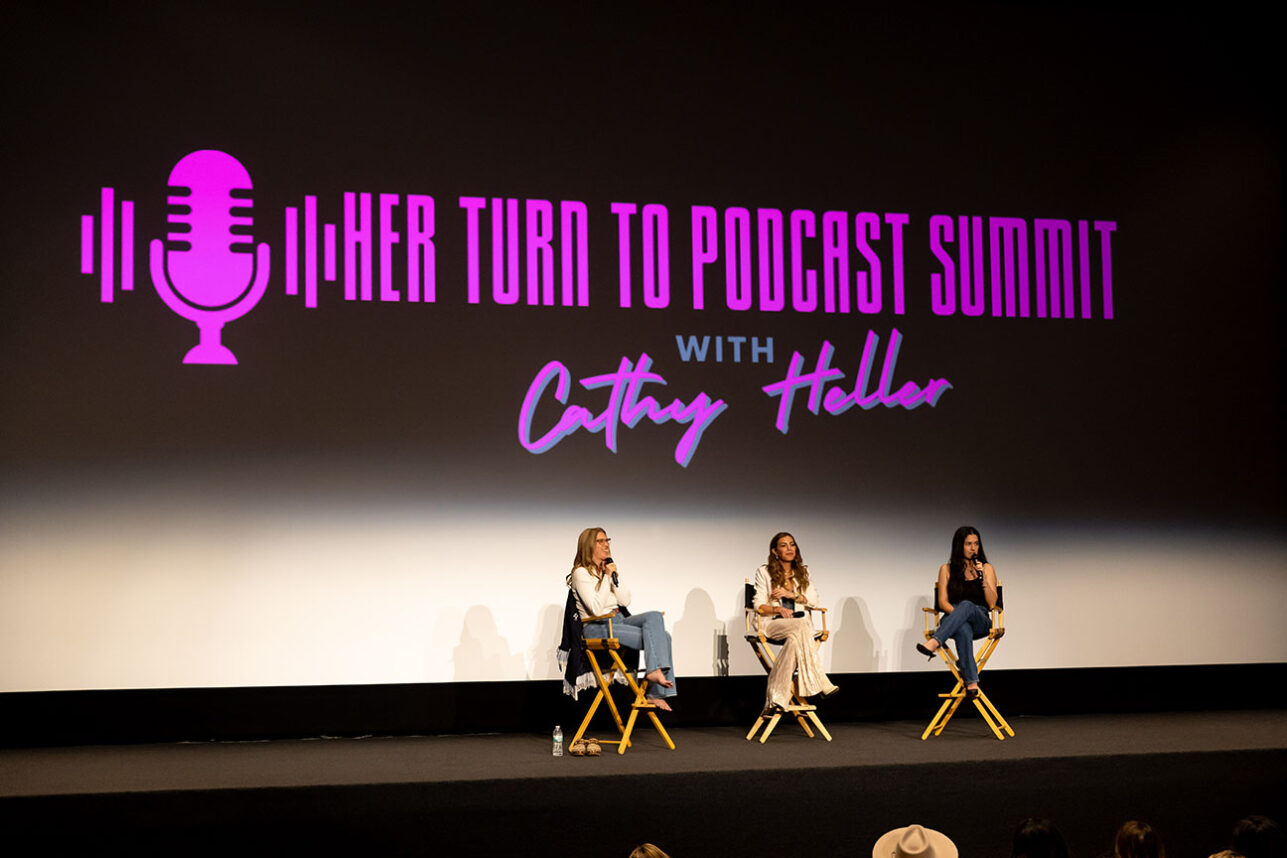
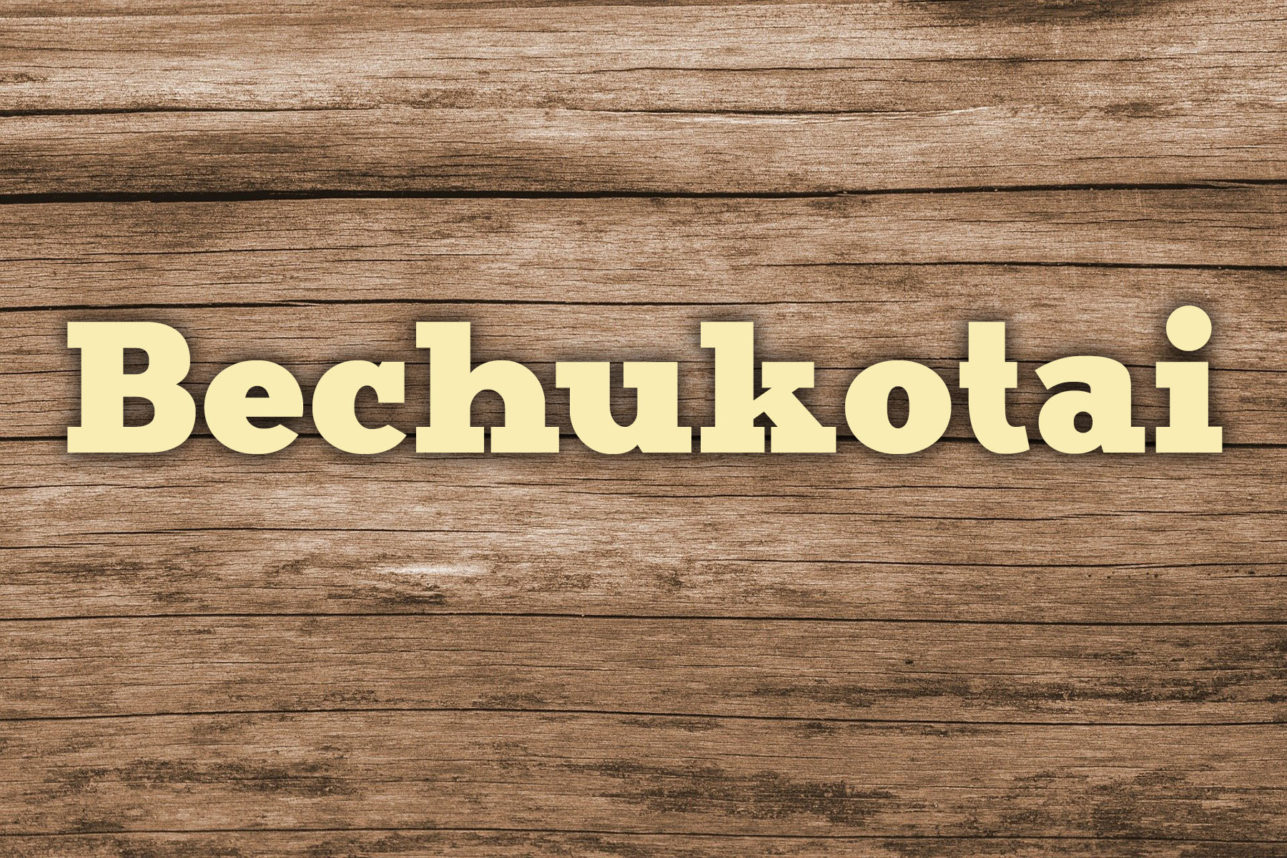







 More news and opinions than at a Shabbat dinner, right in your inbox.
More news and opinions than at a Shabbat dinner, right in your inbox.